Services
IF You Have WATER Problems, We Have Answers
Water Conditioning Systems
Hard water is an issue for many locals in the Black Hills. It’s a rather common occurrence for many home owners.
As water is pumped through the South Dakota aquifer, the accumulation of minerals consisting of calcium, magnesium, selenium and others, from the rocks deep below the surface creates hard water. The level of build-up of these natural occurring minerals determines the hardness of your incoming water.
If you have hard water, you may see rings or sand-like grit around the drain in the tub, sink and commode. Those living in areas where hard water is famous additionally make use of extra water and cleaning agent when cleaning clothes or creating meals. You could also notice that ice cubes from your freezer are more cloudy, there can be spots on silverware and your dishes and your drains and pipes can become clogged more often then normal.
Our advanced water softener system utilizes an ion exchange to eliminate calcium as well as magnesium deposits to soften the water. It functions by replacing calcium and also magnesium ions with salt and potassium ions without raising the salt content of the water. The entire home water treatment system connects to the main water supply at the point of entrance to your house. This ensures all the water you use will first go through the water filtering and softening system prior to consumption. It likewise eliminates the need to add any water softeners in your washing machine or dishwasher.
Not ready to purchase yet?
We have options to rent water conditioning systems.
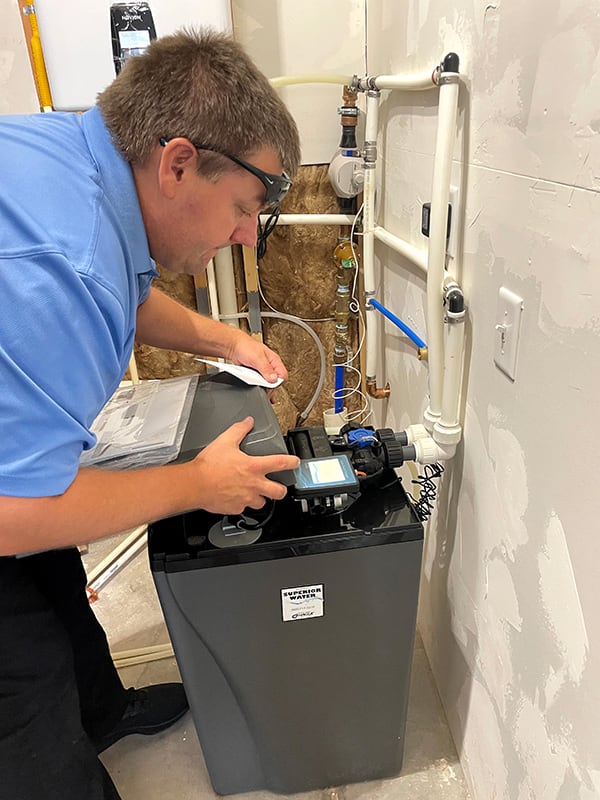
Drinking Water
Unpleasant drinking water is quite common for many folks in the Black Hills.
Bottleless water coolers offer an excellent alternative to bottled water coolers that require big jugs of water. Not only is the water from a bottleless water cooler fresher, but it’s also filtered or purified just moments before you use it … This Point-Of-Use. POU water doesn’t sit in bottles taking up storage for weeks, months, or even years. It just appears of your water supply pipe and also with your choice of filtration, right on the spot. Your water supply will determine the sort of filtration system you should include in your bottleless water cooler.
Reverse osmosis is an excellent method of providing clean and pure drinking water for households when compared to other water filtration systems and options. The reverse osmosis water filtration method relies on a semi-permeable membrane to filter out impurities from drinking water. In terms of efficiency, it is one of the best technologies available. It is capable of removing toxins and dissolved salts from water.
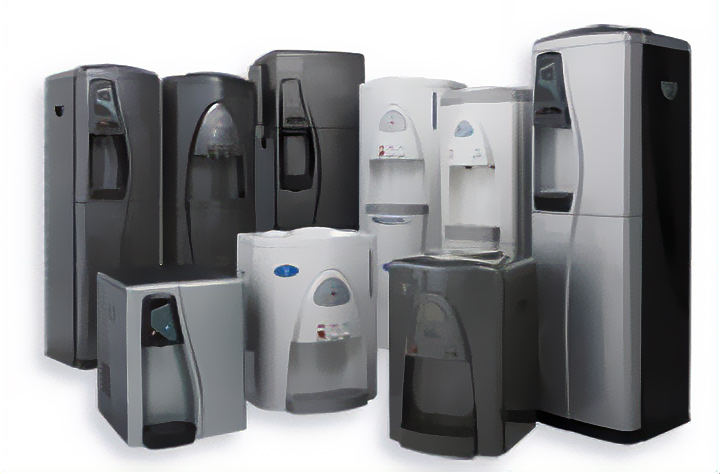
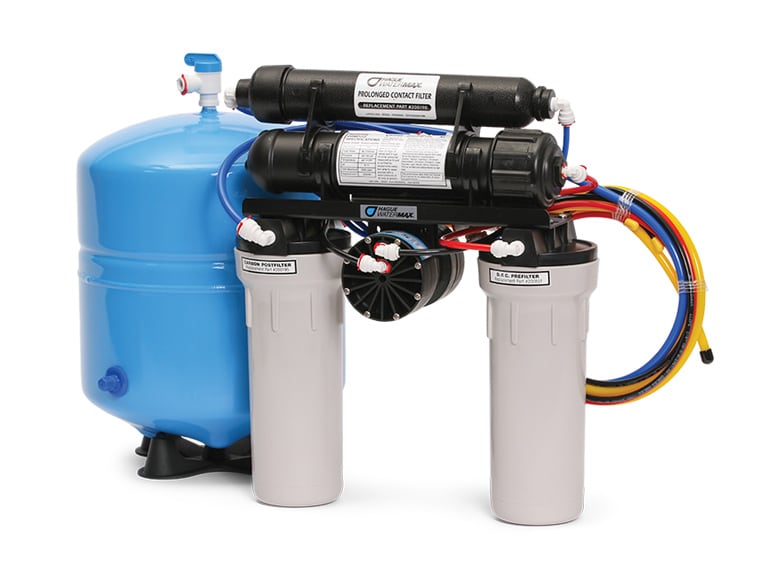
Water Testing
Contaminated water is a problem for many locals in the Black Hills South Dakota.
A water test can tell the whole story.
Starting with a water analysis can assist you with the all the facts regarding your water. You need to have a baseline for your water quality. Otherwise, you could wind up selecting a remedy that’s either under- or over-powered for your real water contamination problems. What people really need are systems that make sense for their family member’s way of life. That calls for a more detailed look at the quality of water coming out of your faucet!
Many communities are now discovering contaminants like PFAS, PFOH, and microplastics in their water. Our filtration technology is designed to help reduce these substances, supporting cleaner, better-quality water throughout your home.
We provide water evaluation examinations and analysis due to the fact that we know it’s the best way to give you the information you need for peace of mind with your water.
Once you’re aware of the possible risks with your water, then you’ll be able to focus in on the filtration solution that will make the most sense for you and your budget.
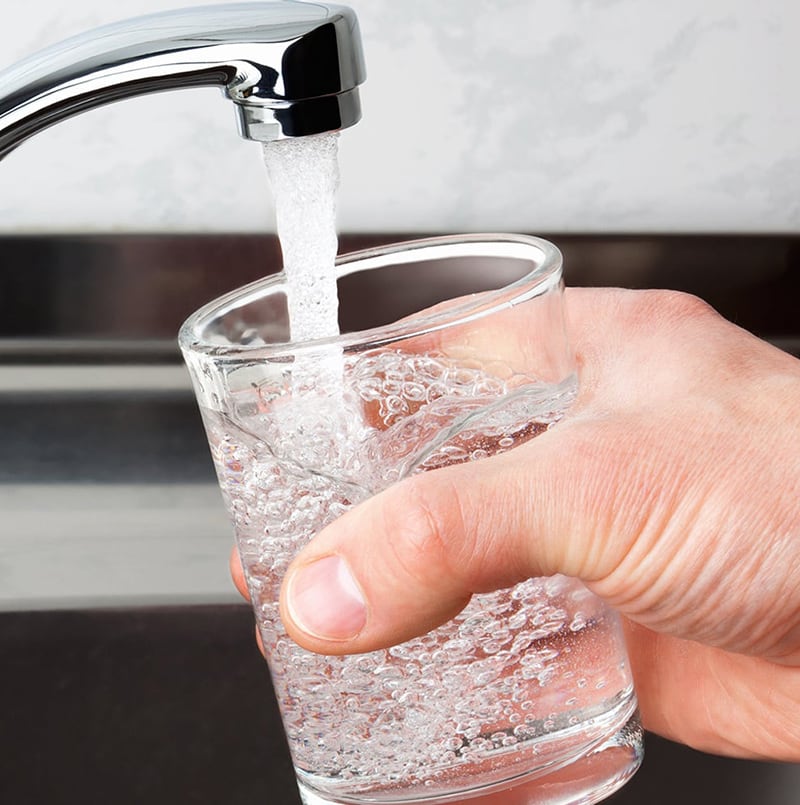
Service Maintenance
Proper maintenance is essential to keep your water in pristine condition.
We offer three water softener maintenance programs, once a year, twice a year or four times a year.
Our maintenance checkup includes the following
- Water test for hardness
- Inspect plumbing
- Inspect Media Tank and operation
- Reprogram computer if hardness changes
- Inspect Brine Tank
- Winterize machine
- Answer any questions
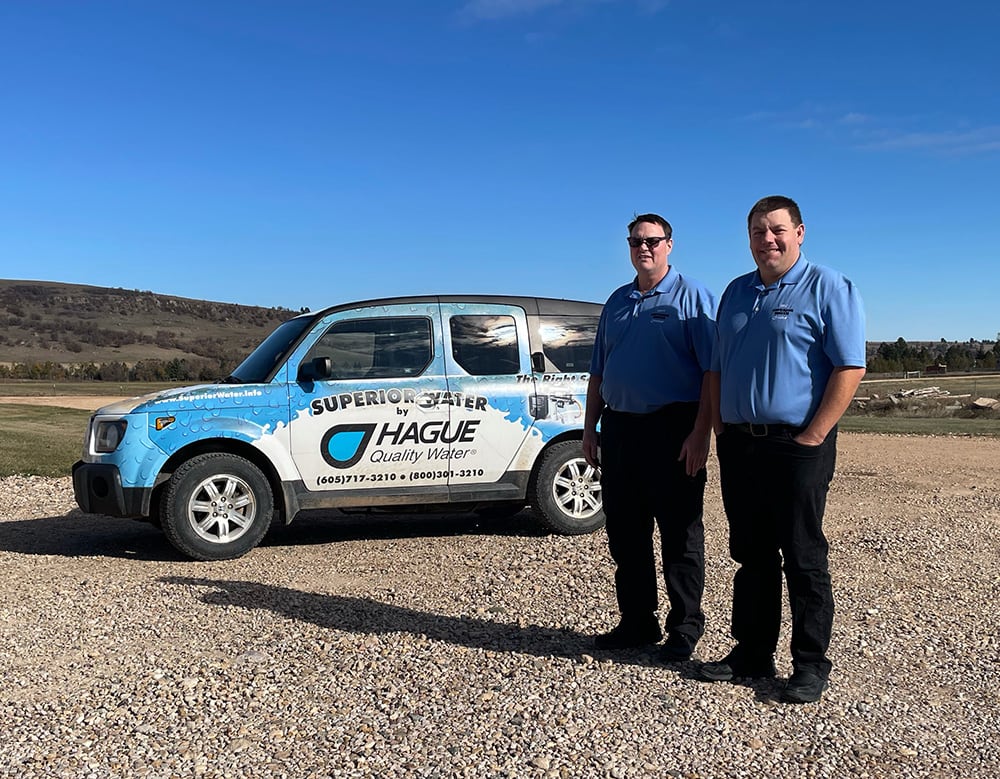
Water Conditioning
Our advanced water softener system uses an ion exchange to remove calcium as well as magnesium deposits to soften the water. These water softeners address issues such as: hard water, taste and odor, rust and soap scale.
Drinking Water Systems
Drinking pure, clean water is necessary for a healthy life. Premium quality drinking water that is really pure has the wonderful capability to completely satisfy your thirst as well as provide hydration for your entire body.
Water Testing
Water is essential to your home and also your health and wellness. It is essential to be sure the water you use and drink is clean, pure, and also free from any contamination. We offer comprehensive water testing services.
